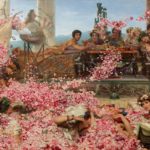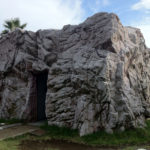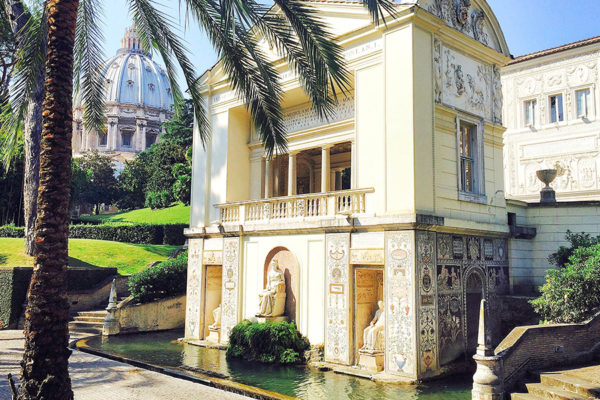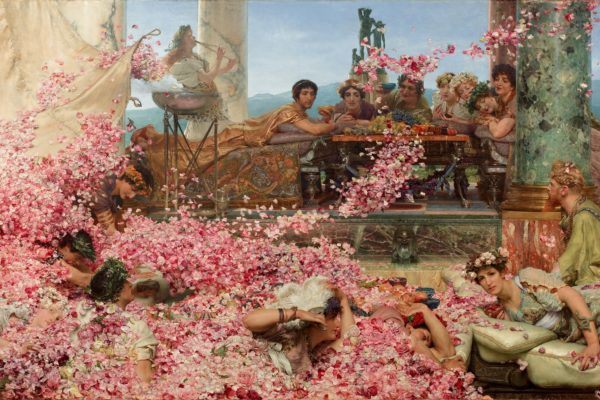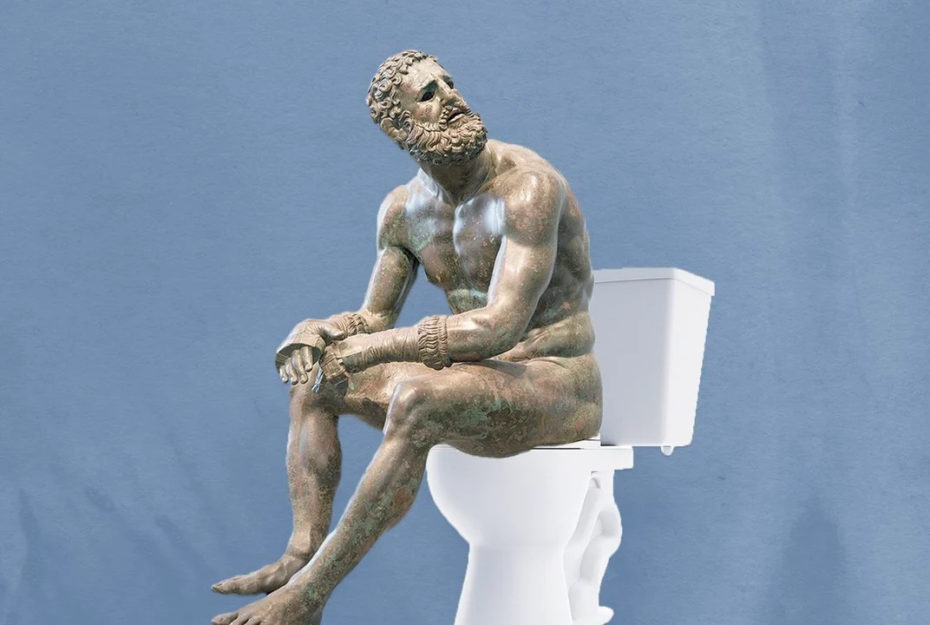
What we know as the famous Roman “Colosseum” might have been paid for with pee, more specifically poor people’s pee. Built under the rule of Emperor Vespasian of the Flavian dynasty, he is one of the only known rulers in history to have imposed a urine tax on the sale and distribution of urine from the city’s public toilets, which in the time of Ancient Rome, apparently had very good resale value. Let us explain…
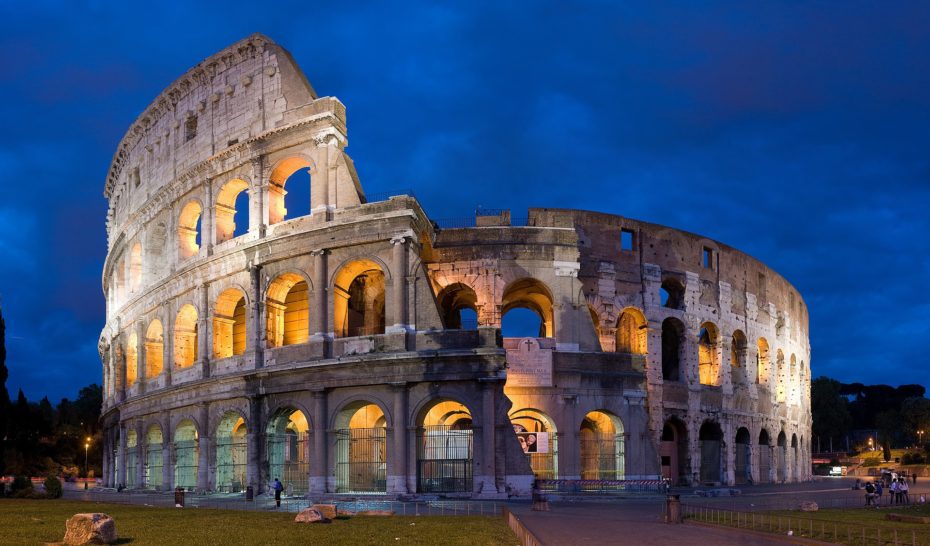
Roman Emperors had controversial lifestyles, but the Emperor that preceded Vespasian – Nero – trumped them all and bankrupted the empire with reckless spending. The senate declared him a public enemy, he committed suicide and a civil-war broke out. Rising from this chaos was Vespasian, a commoner and civil servant known for his fiscal responsibility and military campaigns. Basically, the opposite of Nero. His peers nicknamed Vespasian “Mulio,” or mule-breeder, because he sold mules to get to finance the North African Province he governed rather than exploiting the local resources.
Now Emperor, Vespasian found the imperial treasury depleted and needed to generate funds. He did this by raising taxes. Most of his taxes targeted the rich. He even extorted nobles by promoting them, only to then imprison them and make them pay fines for their freedom. People said he used these men as “sponges” – soaking them when they were dry and squeezing them when wet.
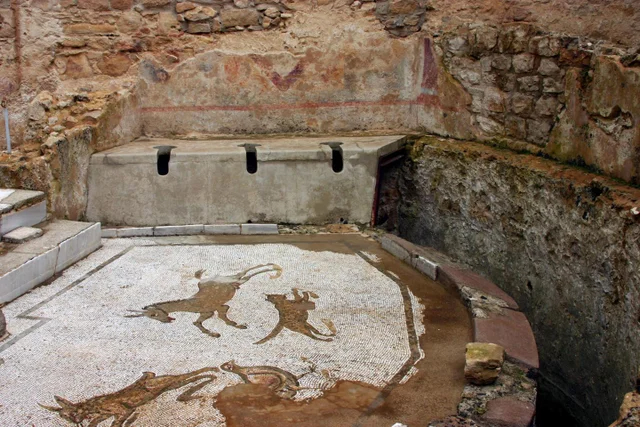
However, his most infamous tax targeted the commoners. Most Romans were generally “too poor to have a pot to piss in” as the saying goes, and had to go to local public latrines to relieve themselves. Landlords would collect and sell the peasants’ pee. Buyers paid the tax. Why would anyone buy urine, you ask? Tanners, wool producers and launderers coveted piddle for its high ammonia content and some Romans even believed it could be used it for whitening their teeth.
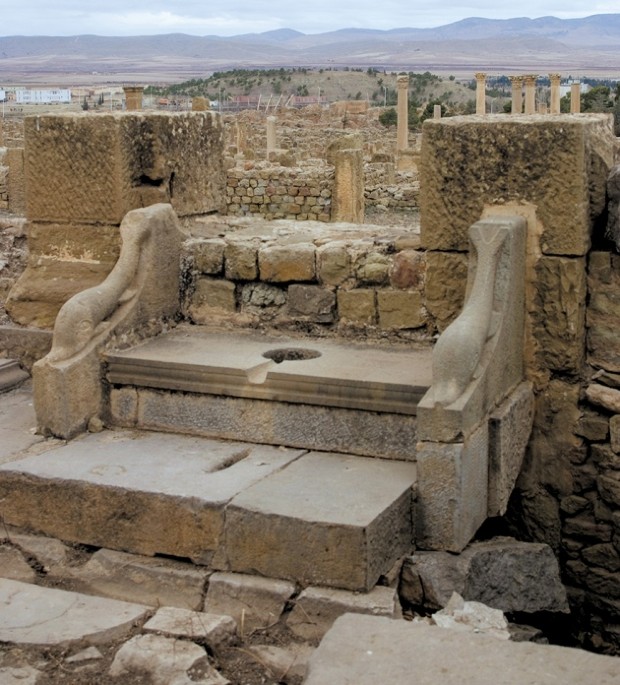
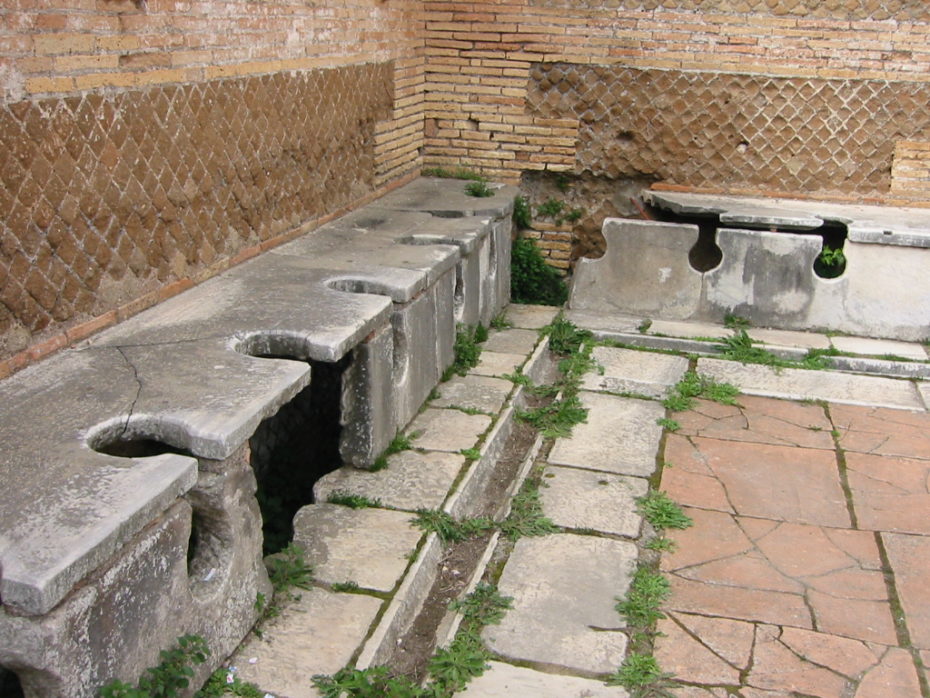
This putrid tax helped refill the government coffers and gave Vespasian a reputation as a miserly, but effective ruler.
As the story goes, one day his son, Titus, turned up in Rome with legions of Jewish slaves and shiploads of stolen loot, and arrogantly insulted the ignoble origins of the funds his father had generated. A furious Vespasian grabbed a coin, held it under Titus’ nose and asked if it smelled bad. “Pecunia non olet”, he replied (the money does not stink). The Latin proverb is still in use today to say that the value of money is not tainted by its origins.
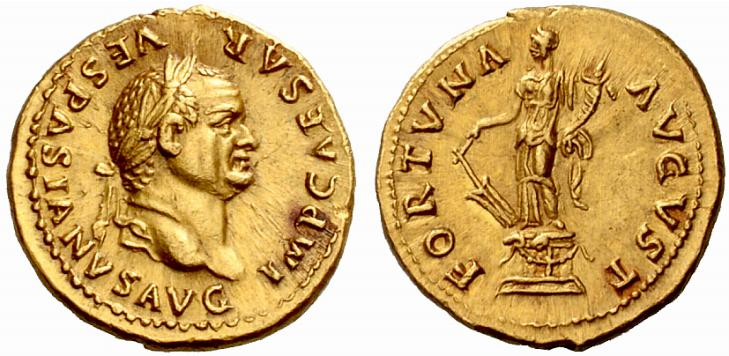
Roman aureus depicting Vespasian as Emperor.
The Colosseum was once covered in marble, decorative statues and bronze shields. It was built to impress the people and endear them to their new Emperor. Thousands of Jewish slaves built the Colosseum, and tons of Jewish treasure helped finance it, but many scholars doubt that even the highest estimates of the Judean loot couldn’t have completely funded the monument or empire for every long. So where did the rest funds come from? The very likely answer is: from the toilets!
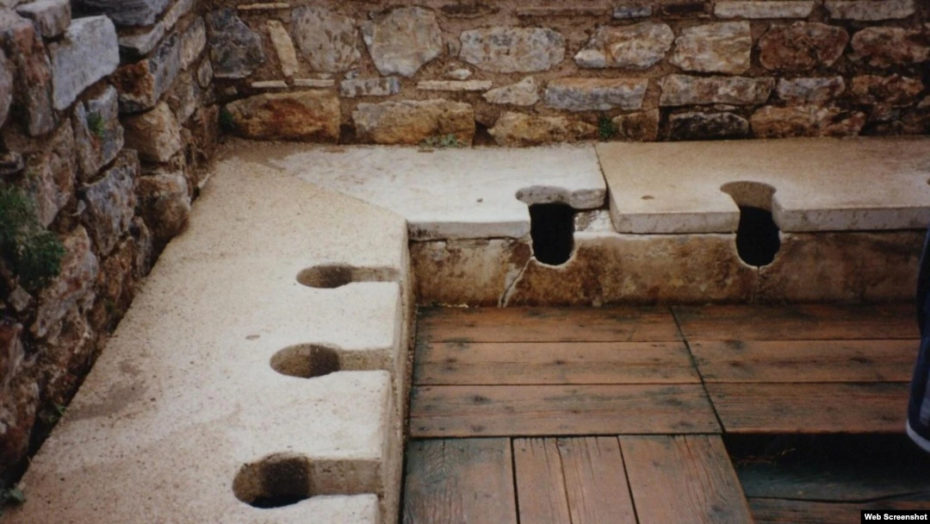
Vespasian was an effective, if not brutal, leader that brought stability to a civilization in chaos and built the Colosseum. He died in a manner fitting his memory, struggling toward a posture of dignity during an attack of diarrhea, exclaiming “An emperor ought to die standing.”
Fun fact: Pay toilets in Europe are still called Vespasians!


